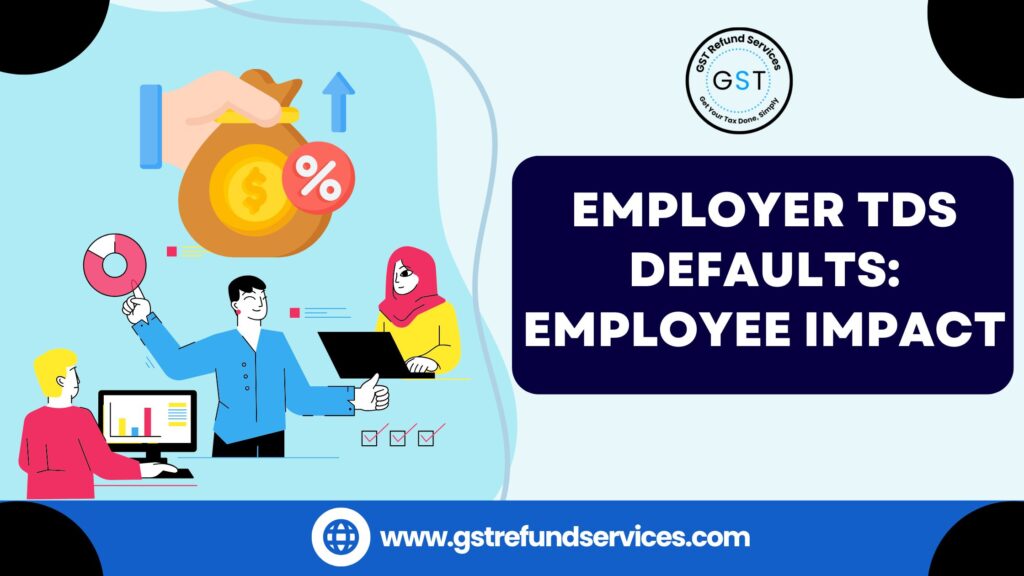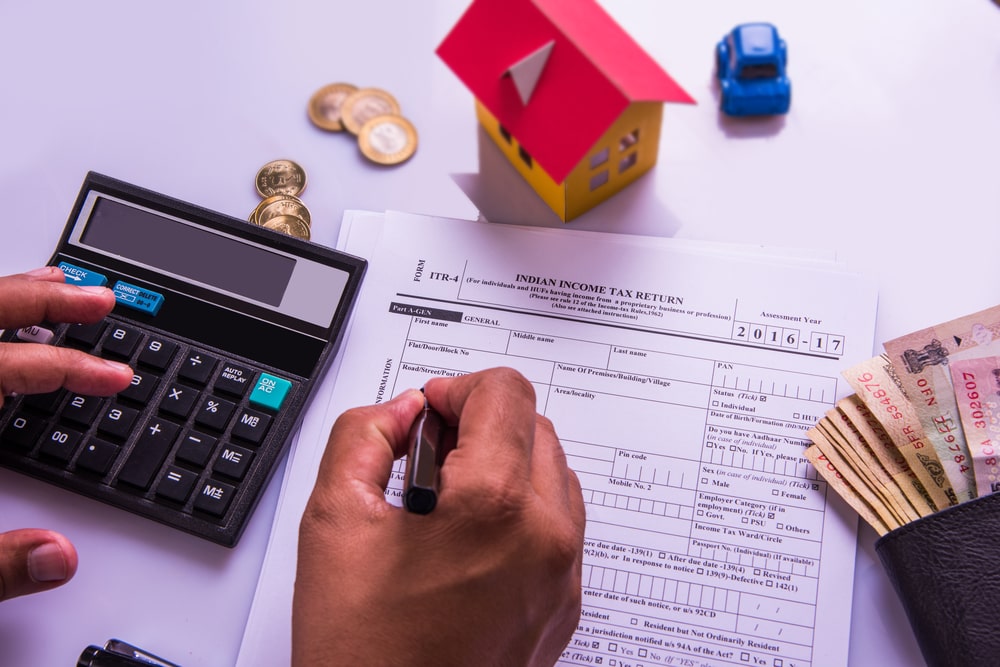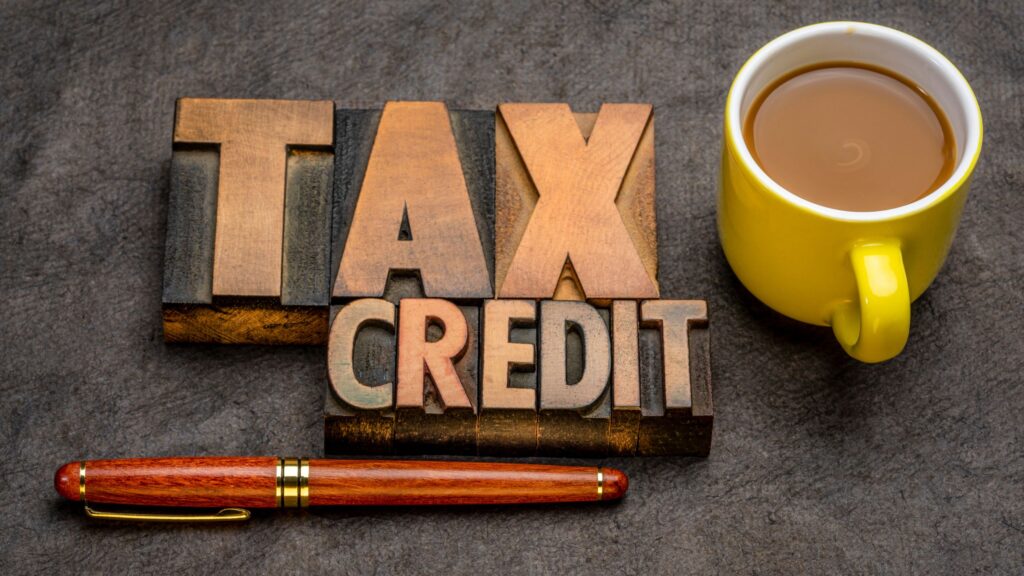
Employer TDS Defaults: Employees Not Legally Accountable
Under the Income Tax Act, of 1961, the responsibility to deduct and deposit Tax Deducted at Source (TDS) lies with the deductor, often the employer. Again, problems arise when employers deduct TDS but do not deposit it with the government which further creates discrepancies in Form 26AS or even in Form 16. Despite clear legal provisions and CBDT instructions (2015, 2016) stating that employees are not liable for employer TDS defaults, assessing officers sometimes send demands and penalties against employees. Judicial precedents, including recent judgments by the Orissa and Bombay High Courts, have reaffirmed that employees cannot be penalized for their employer’s TDS mismanagement. The courts emphasized that under Sections 199, 203, and 205 of the Income Tax Act, the responsibility of depositing TDS lies solely with the employer, ensuring employees are not held accountable for such defaults.
Those employees should support their complaints with necessary documents in case credits do not appear due to system faults or non-compliance by the employers as well. Also Read: BYJU’S Salaries, Unpaid TDS and Section 205: An In-depth Analysis Under Income-tax Act, 1961 (“Act”), an individual who earns income liable for tax, pays taxes for the income generated. However, as per chapter XVII of the Act, the onus lies upon the payor/ deductor to withhold taxes before making such payments. In the event of not withholding taxes by such payor/deductor, the payor/deductor may be considered an assessee-in-default under section 201 of the Act.
As a result, proceedings for penalty may be initiated against such payor/deductor. Now naturally, when the onus of deduction of taxes is with the payor/deductor, the onus of depositing such taxes must also lie with such payor/deductor. However, the income-tax authorities have, at times, held the recipient of such income to be an assessee in default. It would be pertinent to note that for credit of Tax Deducted at Source (“TDS”), various provisions have been prescribed in the Act and Income-tax Rules, 1962 (“Rules”).
Section 199 of the Act has prescribed certain procedure, as per sub-section (1) of section 199, if any deduction is made under Chapter-XVII and paid to the Central Government, then that would also be deemed to be a payment of tax on behalf of the person from whose income the said deduction was made. Further, subsection (3) empowers the Central Board of Direct Taxes (“CBDT”) to make Rules in order to ensure that credit is allowed in respect of tax deducted. As far as section 199(3) of the Act is concerned.
CBDT has the authority to frame rules, and regarding the same, clause 4 of rule 37BA states that the credit shall be allowed on the taxes deducted and paid to the Central Government based on the information relating to the deduction of tax furnished by the deductor to the Income-tax Authority or the person authorized by such authority and the information in the return of income in respect of the claim for the credit, subject to verification in accordance with the risk management strategy formulated by the CBDT from time-to-time. Further, as stipulated by section 203 of the Act, every person deducting the tax shall issue a certificate to that effect that tax has been deducted specifying amount of tax so deducted and, the rate at which tax has been deducted.
Besides, Rule 31 framed under section 203 states that a TDS certificate should be issued in Form 16 in case of deduction under section 192 annually or in Form 16A in case of deduction of tax under any other section quarterly. Thus, it is clear that each deductor will issue Form 16/16A separately to every payee whereas the income-tax authority shall transmit the consolidated statement of tax deducted by various payees online in Form 26AS.


